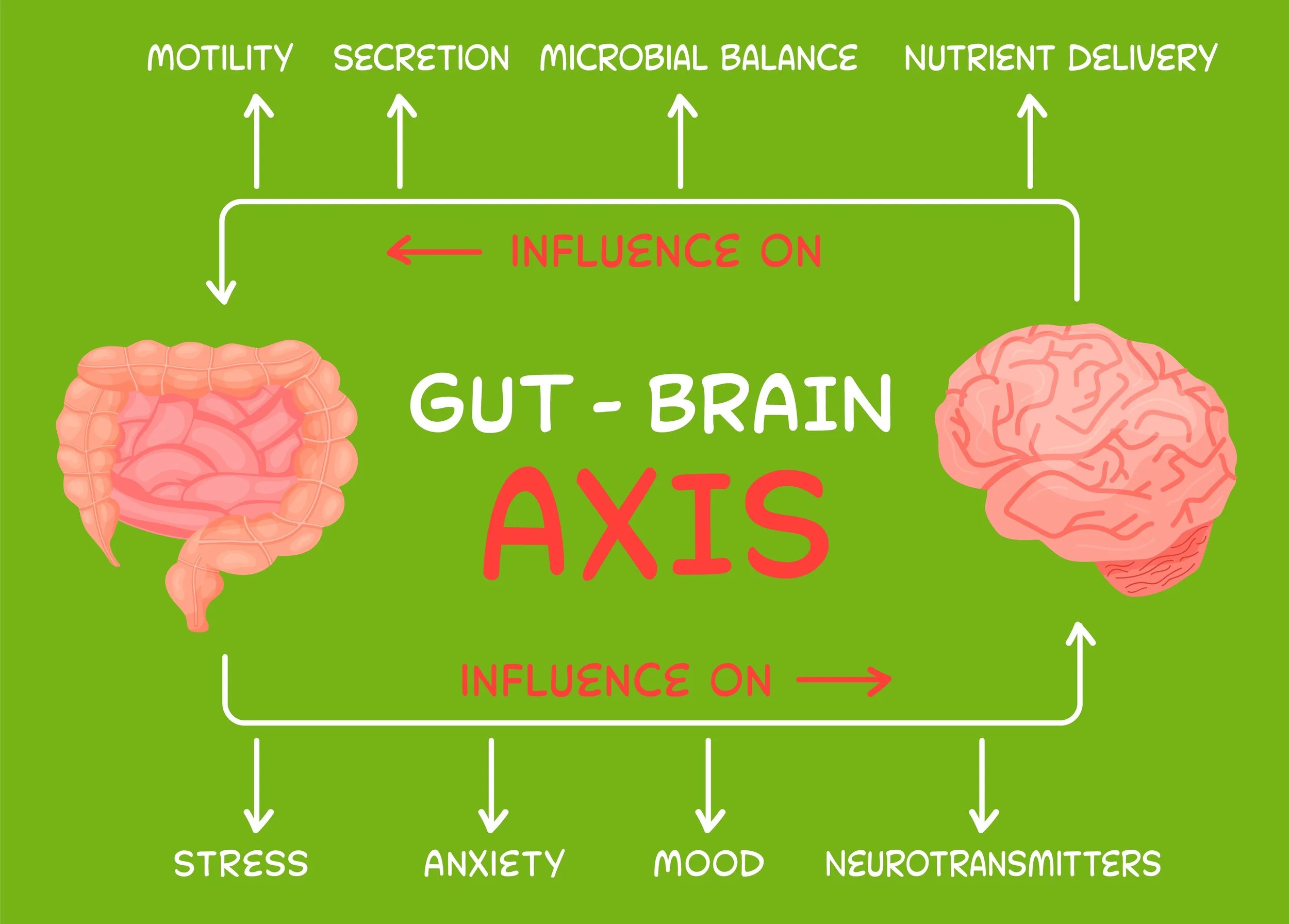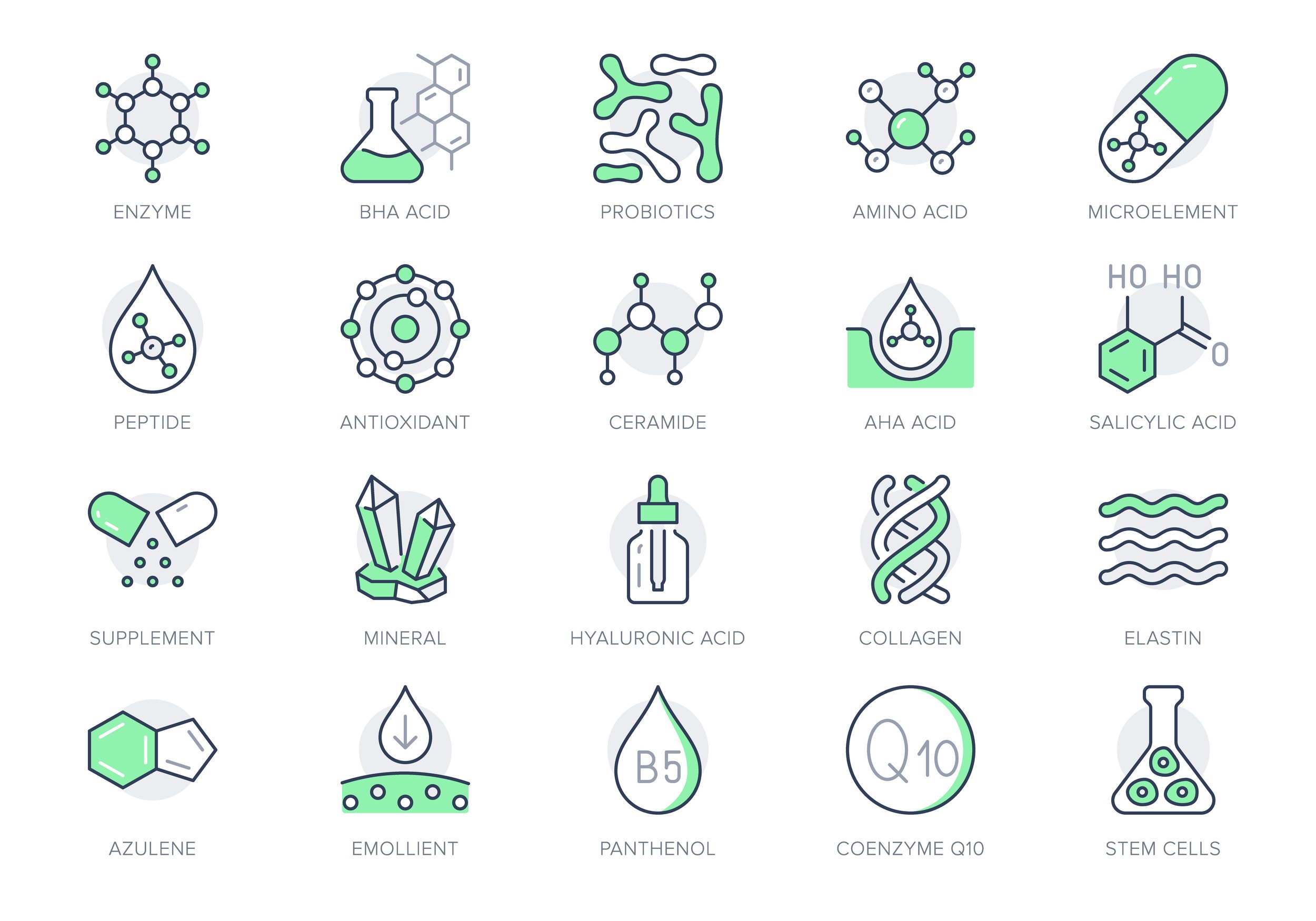It is a well-known fact that our outdoor environment is full of toxic chemicals that are harmful to our health, but did you know that our home environment is our greatest source of pollution?
Conventional personal care and cleaning products contain a slew of toxic ingredients harmful to our health. Manufactured with ingredients including PEGs, sulphates, SLSs, phthalates and synthetic fragrances. These chemicals have been shown to be endocrine disrupting (hormone altering), allergenic, neurotoxic, and even carcinogenic.
The good news is that there are several ways that we can reduce our toxic burden. By consciously choosing what we purchase to eat, how we store our food, what we clean our house with and what we use on our skin, we can avoid or greatly reduce the detrimental effects these synthetic chemicals can have on our health.
It can be very confusing however as many products found in the supermarket and in shops are often ‘green washed’ whereby the front label will use terms such as organic, natural, botanical or earth friendly to make it look like a certain product is a better option, however one look at the ingredients list and it tells a different story. What’s worse is the term ‘fragrance’ used ubiquitously in products and which is unregulated is a way for manufacturers to hide their trade secrets and which can often include many harmful substances.
Shopping for these reasons can become overwhelming and time consuming and why I can show you how to ditch and switch the harmful chemicals in your home so you can start or continue your low tox journey.
To learn more either send me a message through the link on this website or click on the Young Living link to join my team.










